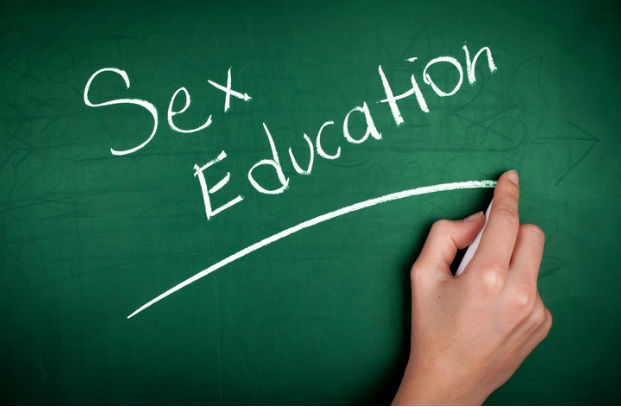
How pupils are going to be taught about risky sexual behaviour, relationships and sexualities at schools has turned into a political hot potato yet again.
There is probably no more contentious subject today than that of sexuality.
Unlike other social and educational debates, discussion around sex is charged with emotional and political overtones.
It is electric at its core, divisive and with so much at stake. It perpetuates a mounting cultural ignorance on one hand, while invoking one’s school of thought on matters of virtue and values on the other.
There is a lot of talk – misinformation on social media platforms is gaining significant momentum, and pessimistic perceptions and conservative cultural views have already taken form with the demoralising cliché: “Sex is dirty, it cannot be discussed.”
The distorted views on the Life Orientation curriculum amendments that are set to be implemented in schools next year have much to do with speculation that the changes proposed by the department of basic education seek to sexualise children and normalise lesbianism, sodomy and sex outside of marriage.
These are the kinds of opinions which have made our homes and schools prudish towards sex education, leaving adolescents vulnerable and plagued by lack of knowledge, though required to make sound sexual decisions.
Comprehensive sex education in the country has neither attained true fruition nor been progressive so far, which is evident in the reports of teenage pregnancy in public schools, with pervasive sexual violence directed at boys and girls under the age of 17.
The picture is much bleaker when we take into account figures of statutory rape committed by teachers on pupils.
Schools have been inundated by lack of accountability as well as weak preventive and safety measures to curb the proliferation of sexual assault against pupils.
Reports also paint a gruesome picture that abstinence is no longer a workable solution for millennials and post-millennials.
The crucial questions then are: Why is sex education imperative in our schools? How will curriculum changes impact on pupils and parents?
How do we ensure that pupils take sexual responsibility with high esteem and are able to examine the consequences of premature sexual activities?
The answer, at least in part, is that comprehensive sex education should be viewed as the intersection of education and health.
It is imperative to advancing health outcomes and gender equality.
It gives pupils the tools they need to have healthy lives and relationships. It helps them to navigate life-changing decisions about their sexual and reproductive health.
The amendments to the curriculum are not designed to produce sexual immorality or promiscuous pupils, as allegedly observed.
Rather, they are presented in a framework of equality and inclusion, with more balanced views of sexual and gender diversity.
The lessons are designed to address healthy relationships with age-appropriate content; to address unwanted and unhealthy sexual behaviours in systemic context such as teenage pregnancy, sexually transmitted infections and HIV/Aids; and to tear down homophobia, patriarchy and chauvinism using inclusive classroom language to make all pupils feel comfortable in a school environment.
They touch on social challenges experienced by pupils, such as low self-image and emotional scars; empower pupils to safely navigate the online environment, including sexting, sexual harassment, bullying and cyberbullying; and are aimed at providing learning environments free from harassment.
They should change the mind-sets of teachers at classroom level and parents at home so that pupils can grow to their full potential by gaining the vital information and support they need to form healthy relationships and choose behaviours that will maintain their sexual health and prevent premature parenthood.
However, we cannot deny that some parents do not want their children exposed to these radical changes.
It may be complex for parents from older generations, who grew up in conservative cultural environments without exposure to the realities of sex education, to come to terms with open expression of sexual matters with their children.
For the true achievement of these amendments, sex education experts should devise a simple and sensible plan of action; and train teachers adequately so they may have credentials in the subject area to which they are primarily assigned; and, most importantly, government must build solid partnerships with parents to increase parental participation in promoting the social, emotional and academic growth of children.
This partnership should open a platform of engagement where parents can review materials contained in the amendments so that they can determine the true character of what is being taught to their children.
The more sexual education is injected at the appropriate stages of puberty, the lower the chance of adolescents suffering from the consequences of uninformed, unwise and unhealthy sexual activities.
Ncobela is a lecturer and columnist
 | ||||||||||||||||||||||||||
Get in touchCity Press | ||||||||||||||||||||||||||
| ||||||||||||||||||||||||||
| Rise above the clutter | Choose your news | City Press in your inbox | ||||||||||||||||||||||||||
| City Press is an agenda-setting South African news brand that publishes across platforms. Its flagship print edition is distributed on a Sunday. |




 Publications
Publications
 Partners
Partners








